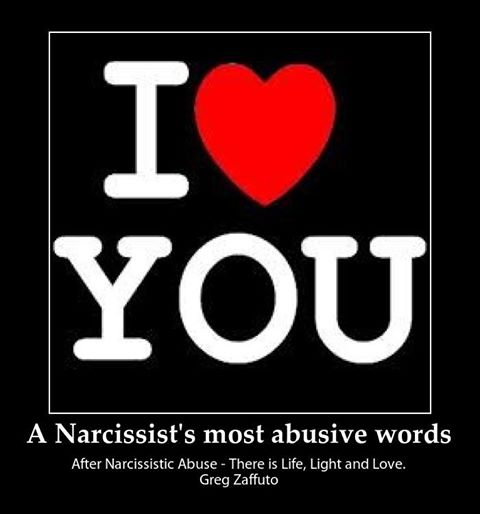Reposted from: http://elitedaily.com/life/toxic-people-new-year/879975/
Written by: Paul Hudson in Wellness

Can you believe that it’s already December? This year has flown by in the blink of an eye and we’re on the verge of yet another year — a year full of possibility.
What you will accomplish next year greatly depends on the people you surround yourself with. Or, in other words, it greatly depends on which people you decide not to surround yourself with.
When bringing in the new year, be sure not to bring all your garbage with you. Leave these toxic individuals in 2014; you’ll feel much lighter, allowing you to get a great running start on the year to come.
1. The people who make your life more stressful.
Stress isn’t necessarily a bad thing — in fact, it’s what you make it out to be. If you believe stress is bad for you, then it will be bad for you. If you use stress as the motivator it is, to motivate you to act, then stress can actually be rather healthy.
However, you should aim to only be stressed by situations and not by people. If you have people in your life who are constantly managing to stress you out, that’s your mind telling you — and trying to motivate you — to remove them from your life.
Life is stressful as it is. You don’t need someone making it more so.






Get Connected